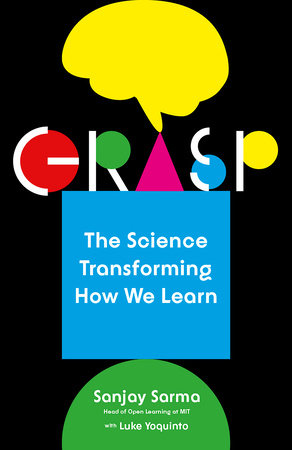Kabir was essentially a poet and musician: rhythm and harmony were to him the garments of beauty and truth. Hence in his lyrics he shows himself to be, like Richard Rolle, above all things a musical mystic. Creation, he says again and again, is full of music: it is music. At the heart of the Universe “white music is blossoming”: love weaves the melody, whilst renunciation beats the time. It can be heard in the home as well as in the heavens; discerned by the ears of common men as well as by the trained senses of the ascetic. Moreover, the body of every man is a lyre on which Brahma, “the source of all music,” plays.
Everywhere Kabir discerns the “Unstruck Music of the Infinite”—that celestial melody which the angel played to St. Francis, that ghostly symphony which filled the soul of Rolle with ecstatic joy.
Songs of Kabir by Rabindranath Tagore, p. 19
https://archive.org/details/songs-of-kabir
Listen to Tagore: Unlocking Cages: Sunil Khilnani tells the story of the Bengali writer and thinker Rabindranath Tagore: https://bbc.in/1KVh4Cf >>
The acclaimed BBC 4 podcast series titled Incarnations: India in 50 Lives has also been published in book form (Allen Lane).
“I was moved by how many of these lives pose challenges to the Indian present,” he writes, “and remind us of future possibilities that are in danger of being closed off.”1
- Sunil Khilnani quoted in a review by William Dalrymple in The Guardian, 14 March 2016[↩]




